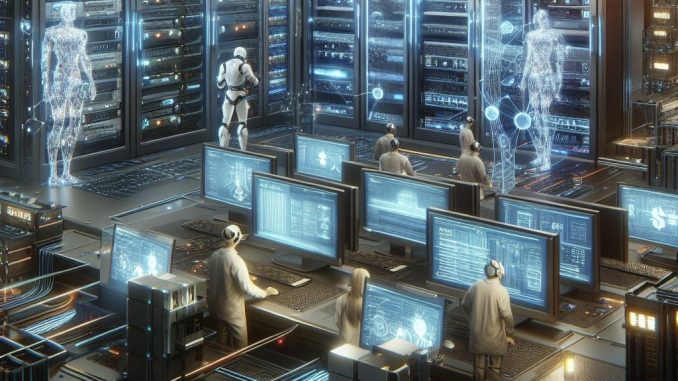
Meta Description: Brace yourself, the workplace is undergoing a seismic shift! Technology, remote work, and evolving employee expectations are reshaping the landscape. Join us as we explore this dynamic new world and its impact on you, your team, and your business.
Introduction:
Remember the days of cubicles, water cooler gossip, and 9-to-5 routines? The traditional office environment is fading fast, replaced by a dynamic landscape driven by technology, remote work possibilities, and a workforce with fundamentally different expectations. This blog post delves into this exciting transformation, exploring how these forces are impacting the way we work, interact, and achieve success.
Technology’s Catalytic Effect:
Technology is the fuel propelling this workplace revolution. Cloud computing enables seamless collaboration across continents, while AI automates repetitive tasks, freeing up human potential for innovation and critical thinking. Project management tools keep teams synchronized, communication platforms bridge geographical divides, and virtual reality opens doors to immersive training and collaboration experiences. These advancements are not just buzzwords; they are transforming the way we work, empowering us to be more productive, efficient, and globally connected.
Remote Revolution: A Double-Edged Sword:
The rise of remote work, accelerated by the pandemic, is another major force reshaping the workplace. While it offers undeniable advantages like flexibility, work-life balance, and access to a wider talent pool, it also presents challenges. Maintaining team cohesion, fostering a sense of belonging, and ensuring effective communication can be difficult in a virtual environment. Leaders must adapt their strategies to embrace remote work effectively, investing in tools that facilitate collaboration and building a culture of trust and transparency.
The Evolving Employee Landscape:
Today’s workforce is not your grandfather’s workforce. Millennials and Gen Z prioritize flexibility, purpose, and well-being over rigid schedules and hierarchical structures. They seek meaningful work that aligns with their values and offers opportunities for growth and development. Companies that fail to adapt to these changing expectations risk losing top talent and struggling to attract new recruits.
Navigating the New Frontier:
So, how can businesses navigate this dynamic new frontier? Here are some key strategies:
- Embrace technology: Invest in tools that empower remote work, collaboration, and communication.
- Reimagine the office: Create flexible workspaces that cater to diverse needs and foster collaboration.
- Prioritize employee well-being: Offer flexible work arrangements, support mental health initiatives, and create a culture of work-life balance.
- Focus on purpose and growth: Clearly communicate your company’s mission and values, and provide opportunities for employees to learn and develop.
- Build trust and transparency: Foster open communication, encourage feedback, and empower employees to make decisions.
The Future is Bright, but Adaptability is Key:
The future of work is unpredictable, but one thing is certain: it will be shaped by technology, remote work, and evolving employee expectations. Businesses that embrace these changes, prioritize their people, and cultivate a culture of innovation will thrive in this dynamic new world. Remember, the future is not something we inherit, it’s something we create. Let’s join hands and build a future of work that is inclusive, empowering, and full of possibilities.